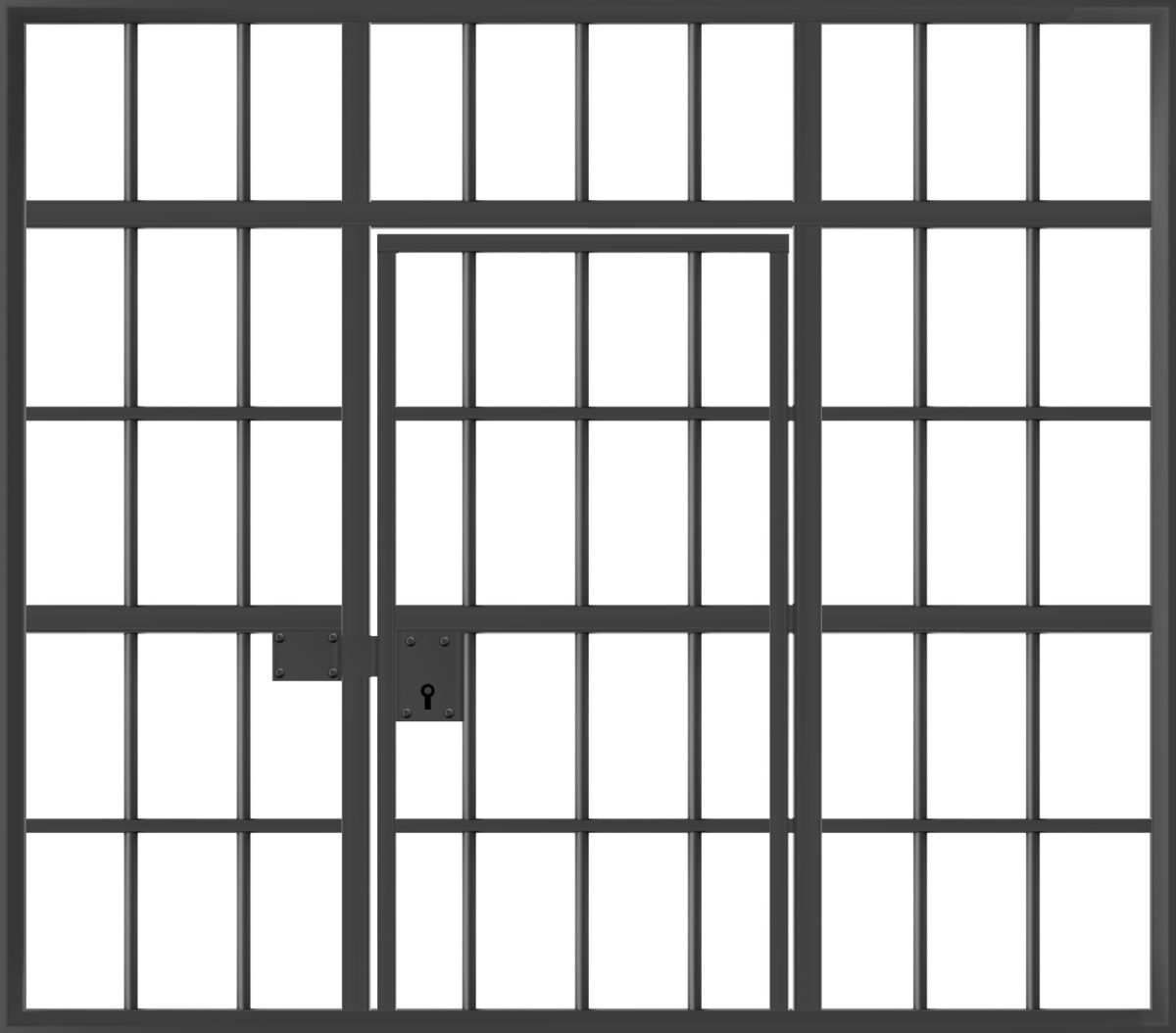During the fall semester of 2018, I was staring blankly into my laptop as the contents of my screen blurred out of focus. I was completely zoned out.
So, I closed my laptop and took a walk around campus and tried to recall my self-actualization which encouraged me to go back to school in the first place. “I don’t like my major. Am I just supposed to go with the flow hoping one day it’ll get better?” My mind was plagued with insecurities about what I actually wanted to obtain from my higher education experience. However, struggling through my first semester at UTSA was the best thing that could have ever happened to me.
I started to explore more opportunities on campus. This led me to several general meetings for student organizations and exposed me to new environments. Ultimately, I was on the hunt for what really grabbed my attention and compelled my curiosity to explore further. Everybody is trying to answer the same question: “What do I want to do with the rest of my life?” I’ve found that if you’re willing to look, the answer presents itself on campus, in the courses you take, in student organizations and in dialogue with students and faculty.
However, another question arises once your curiosity is piqued: “How do I competently handle my pursuit of education responsibly?”
College is not high school 2.0, and it shouldn’t be viewed as another four-year grind to some unknown destination. It is an opportunity for individuals to reason with their future-selves. Not only are we trying to figure out what occupation we aspire for most, we’re also trying to establish guidelines for the person we ultimately want to become. The possibilities are only limited by the boundaries we place on our ideas and the actions that follow. It may sound like a heavy burden to bear, but in the words of John Lennon, “It’s easy if you try.”
Every time we step into a classroom we are presented with two choices: to learn from our respected instructors or to zone out. I encourage the former; it’s what future-you will appreciate the most. With each course we take, we enter a mutual agreement with our professors. They are here to teach us the latest and most relevant information on the subject at hand. It is therefore our responsibility as students to digest this information for future use. The knowledge that we will someday use in conversation will have originated from these didactic minds.
The foundation of an individual’s education is held up by responsible critical thinking, a responsibility that falls on every student. This promotes a campus where constructive dialogue is valued. It is up to us to be intelligent consumers of the information we choose to include in our discourse, especially in a modern world where information is so easily accessible. We rely on universities to gather knowledge that will help students navigate the unknown.
I’m stumbling just as blindly as you are. However, I find solace in knowing that I do not stumble alone. Collectively, we make up the student body of UTSA. What we do with our experiences here will determine our future.
Our legacy as Roadrunners will pave the way forward for the students that follow, just like the students before us. I implore you to take advantage of your time here. If not for current-you, then do it for the person you want to become.
You will look back on these days sooner than you think, and I hope it’s with admiration. You won’t always have the opportunity to start over, so start now.












